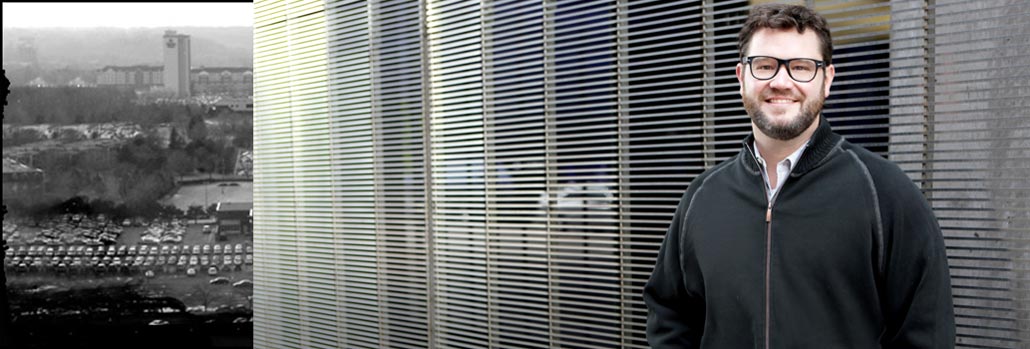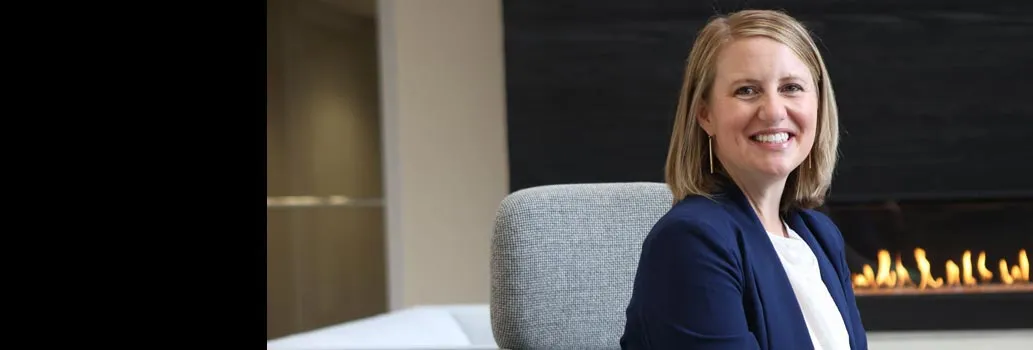Domestic Violence During COVID-19
Home – Practice Areas – Blogs - COVID-19 Domestic Violence
COVID-19 and Domestic Violence
At the onset of the COVID-19 pandemic, many law enforcement officials and domestic abuse advocates have expressed concerns about a potential widespread uptick in domestic violence cases.
When the COVID-19 pandemic hit the United States in late March 2020, many state and local governments issued stay-at-home orders. Nearly all schools closed, and millions of workers were either placed on unpaid leave, laid off, or required to work from home. Many feared that the combination of home confinement along with the limitation of personal movement could result in domestic assault victims being trapped with their abusers.
As a result, domestic-violence support groups prepared for a predicted increase in demand for their services. However, in many cities this was not the case.
A recent survey in California, conducted by the RAND Corporation, showed that 9 percent of respondents living with a partner reported an increase in physical or verbal abuse since the outbreak of COVID-19. During the same period, several major cities reported a drop in domestic violence calls to police, suggesting that victims may have been trapped with their abuser without privacy to call for help, create safety plans with advocates, or seek other shelter services from victim assistance organizations.
Additionally, public health restrictions put in place to prevent the spread of the virus have also reduced access to shelters and hotels, and travel restrictions have limited the ability of domestic assault victims to reach to places of safety.
It is estimated that in the United States, one in four women and one in four men experience some type of domestic violence at some point in their lives. This can include physical, emotional, sexual, or psychological abuse. Domestic violence cuts across all races, cultures, genders, sexual orientations, socioeconomic classes, and religions.
Economic independence is often cited as an important factor in preventing domestic violence. Situations involving shared finances with an abusive partner that may be too intertwined to untangle without an alternative source of financial support are becoming more common in the age of COVID-19.
The pandemic has caused increased job loss and unemployment, particularly among women of color, immigrants, and workers without a college degree.
It is for this reason, among others, that experts believe that domestic violence can worsen in a pandemic especially in communities where economic instability, unsafe housing, neighborhood violence, and lack of safe and stable childcare and social support are more common.
With the recent spike of COVID-19 cases there is a looming increase in the risk factors for domestic violence including economic recessions, joblessness, and increased social isolation. Directly and indirectly, COVID-19 has proven to be a public health crisis without equal in the United States and throughout the world.
If you find yourself facing assault or other criminal charges, our attorneys can consult with you while adhering to recommended social distancing. At Halberg Criminal Defense, our team approach puts the firm’s collective knowledge and experience in your corner. Our attorneys are available 24-7 — Call us at 612-DEFENSE (612-333-3673).
















